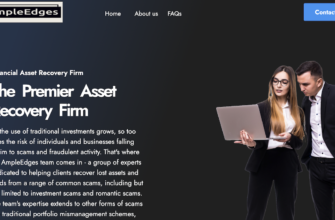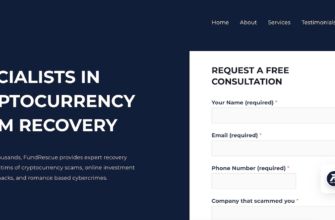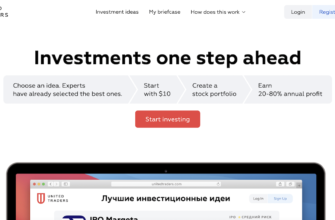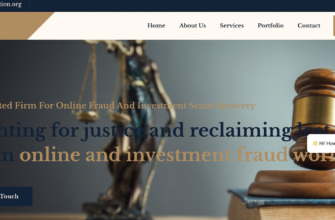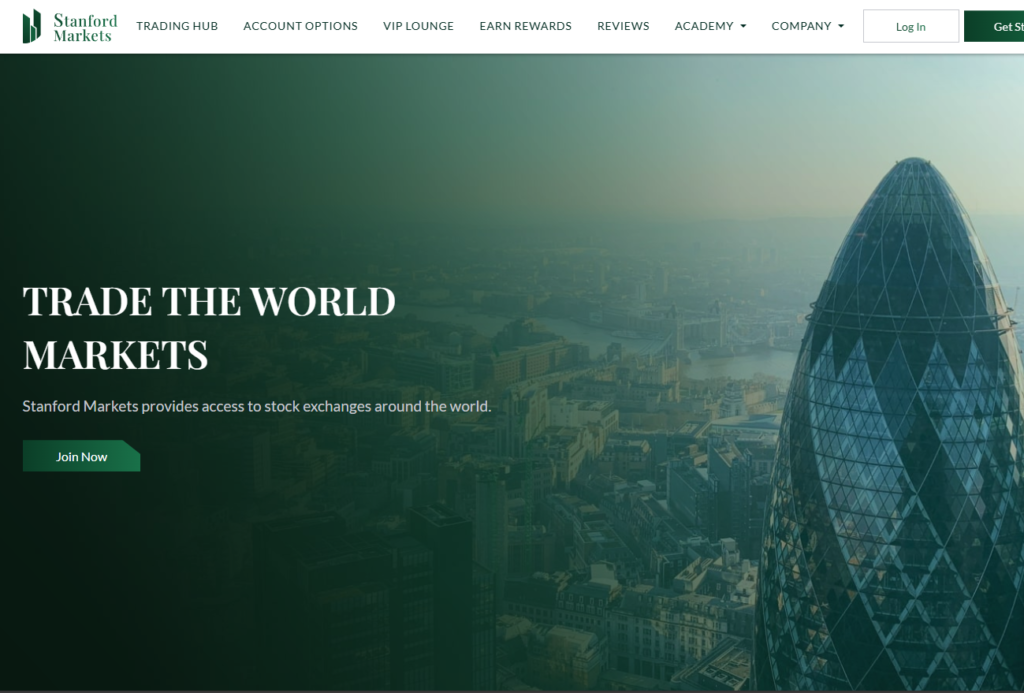
In today’s world, where financial markets are becoming more accessible to ordinary people, many are looking for ways to increase their income through investments. However, just like in any field where big money is involved, there are plenty of scammers out there. Today, we’re going to talk about Stanford Markets, a company that presents itself as an international broker offering trading services in Forex, stocks, indices, commodities, and cryptocurrencies. But is everything as rosy as they make it out to be? Let’s break it down.
The roots of Stanford Markets: where is the company registered?
The first thing to pay attention to when choosing a broker is its legal status and regulation. Stanford Markets claims to be regulated by the FSA (Financial Services Authority) in the Seychelles. Sounds impressive, but let’s take a closer look at what that actually means.
The FSA is a regulator known for its lenient requirements for companies. The Seychelles is an offshore zone where many companies register to minimize taxes and avoid strict oversight from more serious regulators. If something goes wrong and you need to protect your rights, it will be extremely difficult. International lawsuits, lengthy legal processes, and unpredictable outcomes—that’s what you can expect if you have a dispute with such a company.
So, the first red flag: Stanford Markets is registered in an offshore zone, which makes it less reliable in the eyes of experienced investors.
Promises that sound too good to be true
Now, let’s take a look at what Stanford Markets offers its clients. The company promises high returns, low spreads, and convenient trading conditions. Sounds tempting, but let’s remember how the market actually works.

Experienced traders know that stable profits in financial markets are the result of long and meticulous work. Even the most successful traders rarely achieve returns above 20-30% per year. So, what does Stanford Markets offer? They lure clients with promises of quick and easy profits, which is already suspicious in itself.
If a company promises you returns in the hundreds of percent per year, it’s a clear sign that you’re dealing with either scammers or a financial pyramid. In the case of Stanford Markets, their promises sound so unrealistic that it should raise eyebrows for any rational person.
Reputation and reviews: what do clients say?
If you dig around online, you’ll find plenty of reviews about Stanford Markets. Some clients praise the company for its user-friendly platform interface and responsive support. However, if you look deeper, you’ll also find negative reviews. Many complain about difficulties withdrawing funds, unjustified fees, and even account blockages without explanation.
A particularly alarming signal is the complaints that the company allegedly manipulates quotes to make clients lose money. If this is true, then Stanford Markets isn’t just an unreliable broker—it’s an outright scam.
A financial pyramid or just incompetence?
Now, let’s ask the question: who are we dealing with here? A financial pyramid that will eventually collapse, or just an incompetent company that can’t provide quality services?
From what we can see, Stanford Markets is a classic example of a company that uses aggressive marketing and unrealistic promises to attract as many clients as possible. They’re not interested in long-term relationships with clients; their goal is to make quick money on commissions and spreads, and then disappear.
If you’ve already invested money with Stanford Markets, we advise you to withdraw your funds as soon as possible. If you’re just considering working with this company, it’s better to look for a more reliable broker with a good reputation and strict regulation.
Why Stanford Markets is a bad choice
To sum it up, Stanford Markets is a company that raises a lot of questions. The lack of serious regulation, unrealistic promises, and negative client reviews all indicate that this company is not to be trusted.
If you want to invest your money, choose brokers with a solid reputation and strict regulation. Don’t fall for flashy promises, and always do thorough research on a company before investing your money. Remember, there’s no such thing as easy money in financial markets, and if something sounds too good to be true, it probably is.

